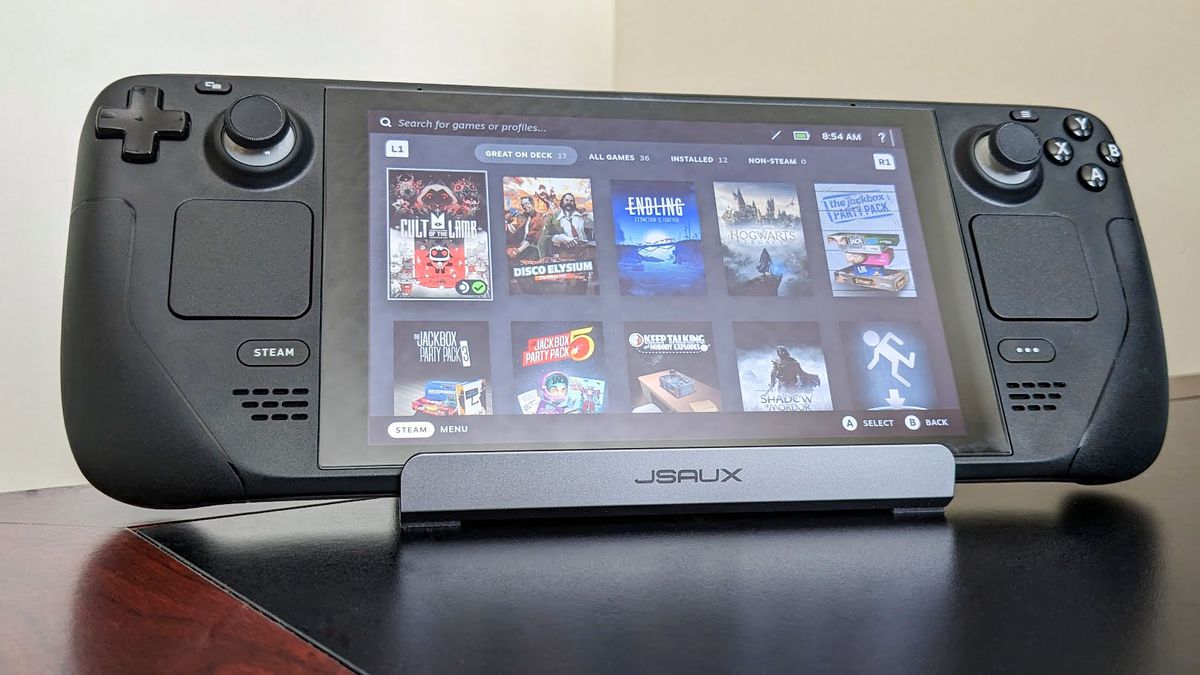What you need to know
- The State of California recently made it law that digital stores have to be upfront about whether a consumer is only buying a digital license to a product.
- Ahead of this, Steam appears to have rolled out a new feature in its cart that makes it clear to its customers that this is what’s happening.
- It isn’t limited to California, or even the U.S., as the same message shows up in other parts of the world.
Recently, the U.S. State of California signed into law a valuable consumer protection surrounding digital content. The short version is that unless someone was buying a product that would be available to them eternally, offline, a disclosure needs to be made that you’re only buying a digital license to said content.
The law there doesn’t come into effect until 2025, but Valve has got ahead of this and has already rolled it out into its Steam game store, as highlighted by Engadget.
Now, when you go into your cart to checkout, you’ll be greeted with the following message:
“A purchase of a digital product grants a license for the product on Steam.”
I’m in the UK and lo and behold, if I go to my Steam cart I now see the message before I commit to paying. I’m most delighted that Valve hasn’t simply limited this to where it is legally obligated to, and has rolled it out to all of its customers.
This all came to a head most recently with Ubisoft, with the company turning off the servers for The Crew and leaving every single player who ever bought the game with no way to play it any longer. With no offline mode, when the servers went away, so did the game, lost to the sands of time.
The backlash was real, and it brought into the very public eye that we simply don’t own our games anymore. In the case of The Crew, even those of us with a physical copy now have little more than a keepsake. Ubisoft has at least learned a valuable lesson, and will be putting offline modes into the newer games in the series, so this doesn’t happen again.
But it’s a different world we live in now to when I started gaming over 30 years ago. Back then we bought a game, online gaming didn’t exist, and we could play it indefinitely (or until an 8-year-old damaged the cartridge). In the digital age we don’t own our music, our games, our movies and TV, it’s all just a rental agreement for as long as the provider wants to keep providing.
It’s sad. But at least Steam has made the right move and is finally being ultra clear about what it is you’re getting. Over to the rest of the crowd, now.










